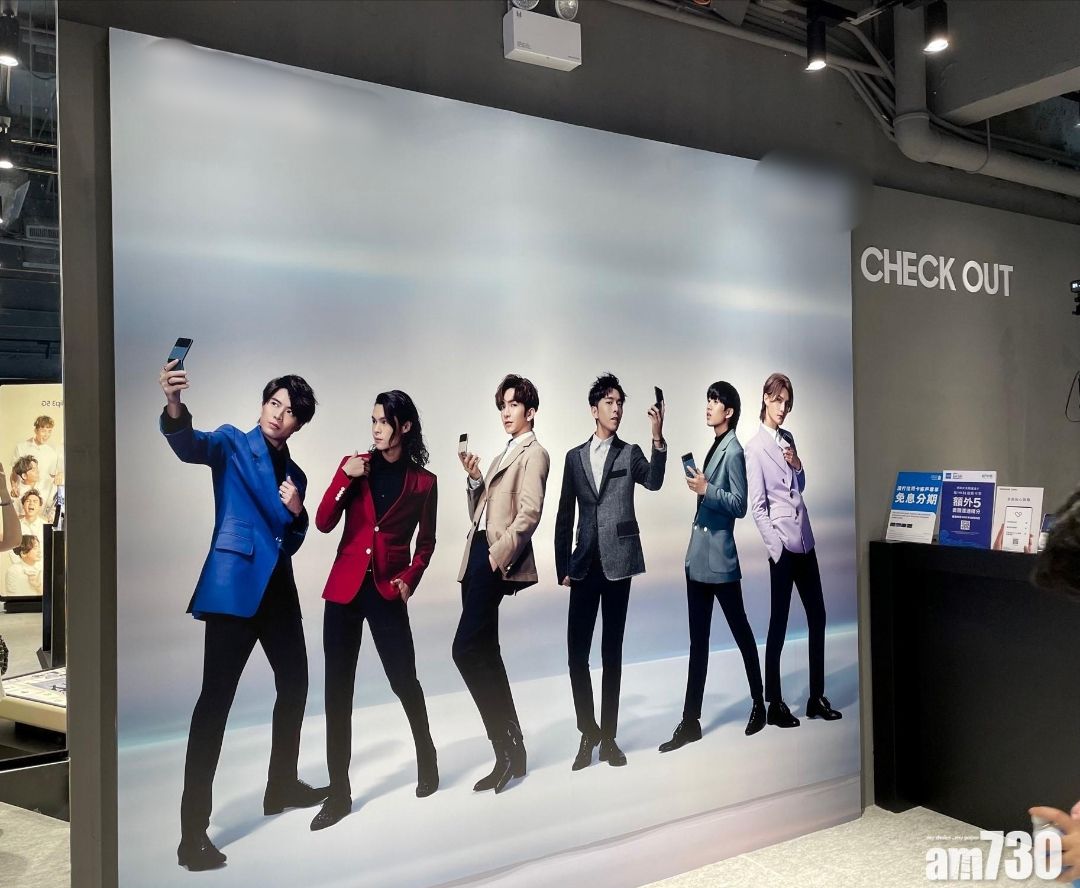Is the phenomenon of Mirror and ViuTV's "Chill Club Awards Ceremony" really the "false fire" of "Hong Kong pop culture"?

If the phenomenon of Mirror and ViuTV's "Chill Club Awards Ceremony" is criticized as a "false fire" of "Hong Kong pop culture" or even "Hong Kong culture"? I just want to ask if Hong Kong's pop culture only has pop music, and is ViuTV the mainstream TV station in Hong Kong?
Of course, "Hong Kong pop culture" is not only about pop music, but also TV dramas, movies, comics, secondary creation of online media, KOLs, etc. But let’s talk about pop music in Hong Kong first.
Before the emergence of Mirror, Hong Kong had a large number of returning music singers and composers, such as Lin Yifeng, who can be said to be the ancestor. They want to get rid of Hong Kong pop singers = entertainers. In addition to creating and producing music, or attending music performances and media promotions, they also need to shoot commercials, TV dramas, movies and TV integrated game shows; they believe that singer-songwriters should concentrate on making music, So they refused to sign with the big mainstream record companies, formed their own managers and production companies, and released them by the mainstream record companies. Therefore, the capital they can invest in music production and promotion is not as high as that of singers who are signed to major record companies; therefore, their frequency in the media is not as high as that of them; in addition, the music of singers signed to multinational record companies can also be played and released overseas at the same time; and in 1997 After the handover, Hong Kong has become a special region of China. There may be political issues. It seems that local singer-songwriters in Hong Kong have also lost the Taiwan market. The development in Taiwan is mainly a small number of singer-songwriters who have returned from Canada. Therefore, during this period, Hong Kong's pop music market can be said to be generally decentralised (anti-central), but there are still big stage singers who are negatively rated on social media; music types are more diverse, but due to publicity costs and geographical issues The constant presence in the media space is impressive to the average person.
Later, the Mirror of Song, Film and Television Sanqi became popular. First, they signed a contract with ViuTV, one of the free and online TV stations in Hong Kong. In addition, they did the designated work of Hong Kong artists: not only singing, dancing, performing and publicity, but also other performing arts. Work. Because of their continuous appearance in the media and online media, they have attracted a large number of local and non-local fans; and now the fans have formed their own support teams to promote and promote their idols, so Mirror's "popularity" has exploded. But is this artist business model good or bad? The general audience may mainly pay attention to the packaging and performance level, because they have to take care of other performing arts work outside the rehearsal, so the performance level is not very stable. However, Jiang Tao often said that he hopes to retire after a few years of acting career and save a sum of money. It can be seen that "artist" is actually a "food" occupation; for example, the artist in the 1990s (actually I think she is a little more actress) Dodo Zheng Yuling The most popular period is called "Zheng 9 Group", which means that she has made 9 movies in the same period. It is conceivable that the "popular" artist has many job opportunities in addition to popularity.
When Mirror became popular and popular, they drove the entire creative industry in Hong Kong, supporting film and television producers, music producers, image designers, makeup artists, hair stylists, etc. Hong Kong is a historical entertainment production center, and the reason is that Hong Kong is a place for fundraising and financing, and the tax rate is low, so it can develop into the current situation. In fact, in the 1970s and 1990s, Taiwanese Mandarin films and pop music were very prosperous. Artists and producers from Hong Kong and Taiwan basically went to two places. Later, when the mainland opened up the market, talents from Hong Kong and Taiwan became three places.
Like my work? Don't forget to support and clap, let me know that you are with me on the road of creation. Keep this enthusiasm together!
